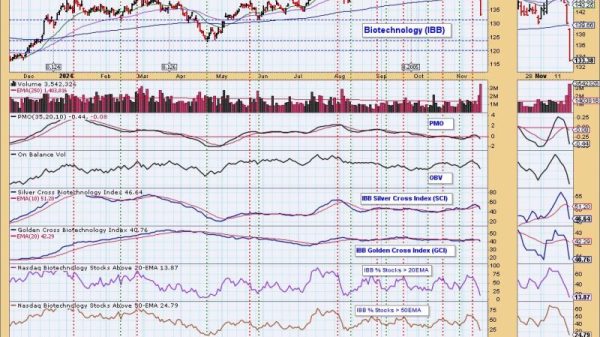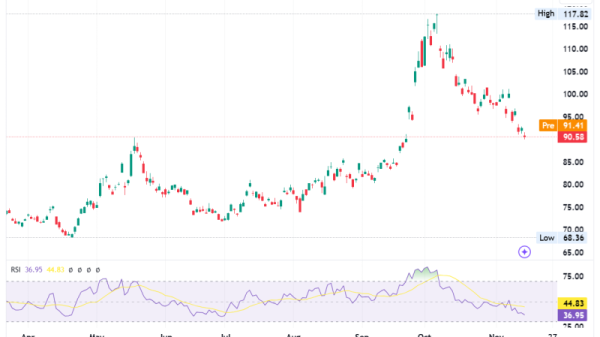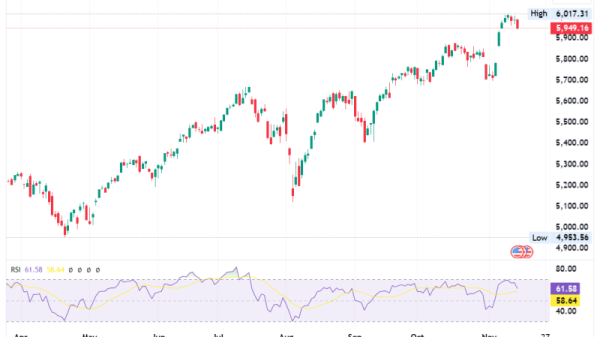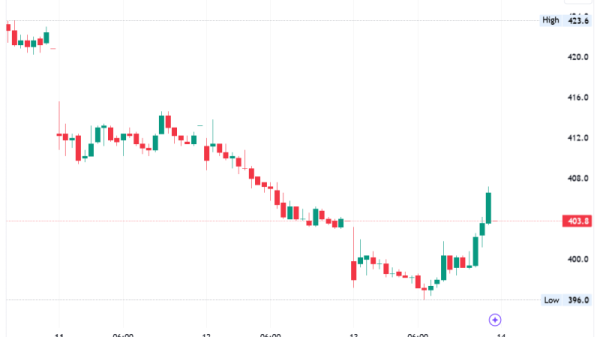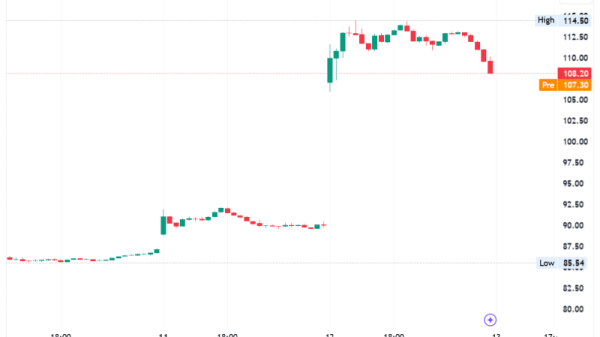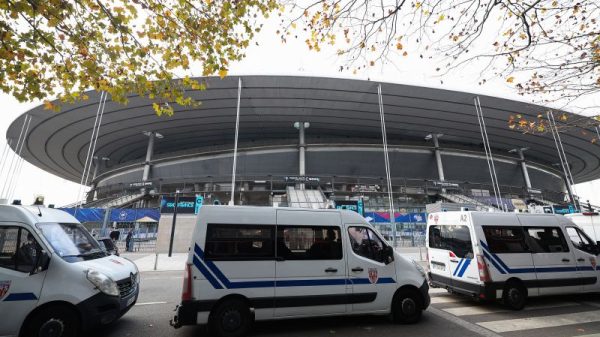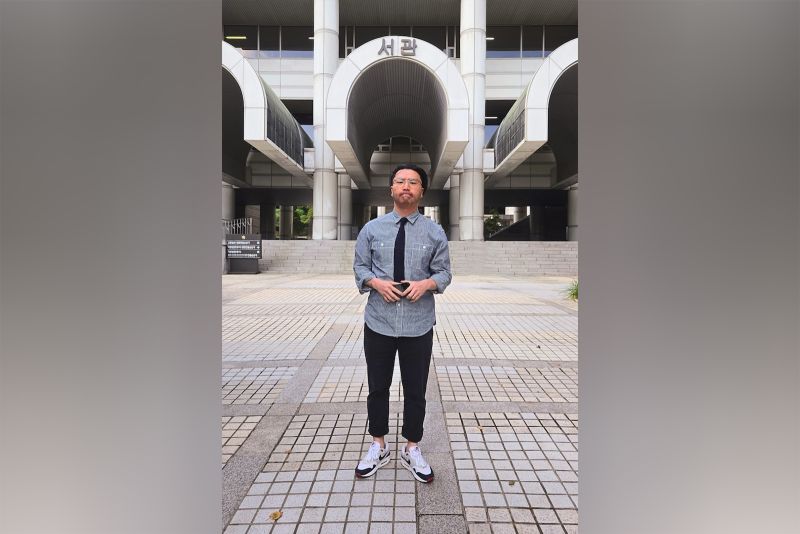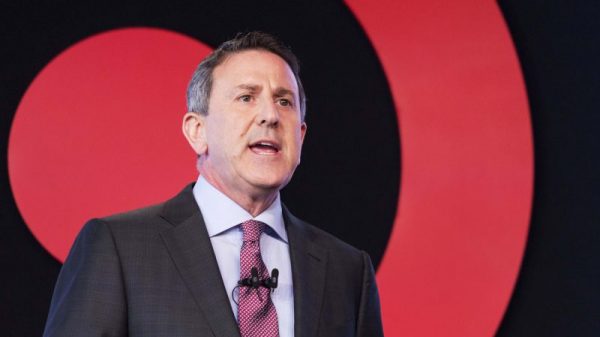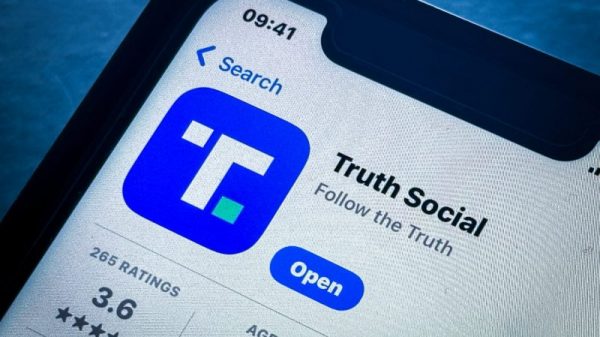Adam Crapser has become something of a cause celebre for what critics say is a flawed United States law that unfairly leaves tens of thousands of international adoptees in limbo without citizenship.
Eight years after he was deported from the US – his home for decades – Crapser was in a Seoul courtroom on Wednesday, suing for restitution on what he called a flawed adoption process that has made a shambles of his life.
As a bill in Congress that could bring the 49-year-old back to the US waits in committee, Crapser’s case puts a spotlight on an international adoption system loophole – one that has torn some families apart.
“I wanted to be with her. I wanted to raise her. I wanted to be in her life. I wanted to be her father. I wanted to do everything that I could to give her a life that I didn’t have,” Crapser said. “I want her to know definitively that since all of this started — before she was born — that I have been fighting this.”
Crapser was adopted by a Michigan family in 1979 and lived in the US for 37 years. His American family and guardians, however, failed to secure the paperwork for his citizenship and he was deported after a lengthy legal battle in 2016.
“I’m stuck. I’ve been in between like this for a significant amount of time,” Crapser said of his desire to return to his family and the uncertainty of his future.
Crapser made history as the first Korean adoptee to sue the South Korean government and his adoption agency for damages in 2019.
As he awaits a court decision in Seoul, a bill that could grant him US citizenship remains stalled in Congress.
The proposed bill, the Adoptee Citizenship Act of 2024, aims to grant automatic citizenship to international adoptees and rectify the loophole in the Child Citizenship Act of 2000, which excluded those who were 18 or older at the time the law was enacted.
Crapser, who was 25 when the law was passed, did not gain US citizenship.
Crapser remains skeptical about the passage of the new bill, pointing out that it “probably” may not happen “in our lifetimes,” based on the lack of progress since discussions of the recently introduced legislation began in 2017.
A spokesperson for Democratic Rep. Adam Smith of Washington, one of the co-sponsors of the legislation, said, “While it’s unlikely that we’ll see more movement in the rest of the 118th Congress” — which ends in January 2025 — “given the election and the lame-duck period we’re expecting, we are hopeful that this very necessary bill progresses in future Congresses to become law.”
The bill has been referred to the Senate and House Judiciary Committees for review.
A gap in citizenship
After being abandoned by his initial adoptive parents in the 1980s, Crapser moved between foster homes and care facilities, according to a 2023 court case in the Seoul Central District Court.
In 1989, he was adopted by another couple, who were prosecuted in 1991 for charges of physical abuse and assault against foster and adopted children and found guilty in 1992.
Around 2012, when Crapser applied for the renewal of his expired permanent residency – commonly known as a “green card” – his criminal record, including charges of burglary and assault, drew the attention of US immigration officials, according to the court case.
“It’s been said a lot that I made a lot of mistakes and I got into a lot of trouble in the United States, and I admit that,” Crapser said during testimony Wednesday, according to the Associated Press. “I survived the best that I could in the United States, without a family and without any Korean people around me.”
The criminal record was deemed a violation of his green card status, and in 2016 he lost his fight against deportation back to South Korea, where he was born — but a place where he didn’t know the language or customs.
Having grown up with no exposure to Koreans, he says he grapples with a sense of disconnect from the place he is expected to call home.
“I don’t have any choice,” Crapser said. “All I know is American culture. I didn’t know anything about Korean customs, cultures, rules, history, or anything because it was intentionally kept from me.”
Anguish over his family separation
Despite his 10-year-ban on returning to the US, he said he’s pursued legal avenues to be with his children. He has not seen his 10-year-old daughter since 2017.
“I’ve literally tried every single legal remedy to try and get back to the United States earlier so I could be in my child’s life, and that has not been successful,” he said.
Crapser can file for waivers in two years, he says, but remains uncertain about how long that legislative process will take. Attempting to return to the US beforehand could result in a lifetime ban.
“I want to make sure that there’s a historical record, not only for my children, but also for the history of adoption that this has to do with other countries where they failed to ensure the children receive naturalization in the receiving countries,” he added.
In response to recent media reports about adoptions from South Korea in the 1980s, Holt International acknowledged the potential unethical practices in a public statement and noted Holt Children’s Services separated from Holt International in 1977.
“These reports highlight serious concerns, and we do not take these concerns lightly or dismiss the fact that mistakes were likely made,” Holt said in the statement.
Last year, a lower Korean court ruled that Holt must pay Crapser 100 million won ($72,300) in damages for not informing his US adoptive parents about the steps required to secure his citizenship following the completion of his adoption in a US state court, according to the lawsuit.
However, the Seoul Central District Court rejected Crapser’s additional claims against Holt and cleared the government of liability. Both Crapser and Holt filed appeals, with Holt asserting that it bore no legal obligation to ensure Crapser obtained his citizenship, the AP reported.
An attorney for the government stated that officials at that time had no legal obligation to confirm the citizenship status of adoptees and found no clear reason to question the accuracy of Crapser’s paperwork, according to the AP.
The Seoul High Court is set to render its decision on January 8 regarding Crapser’s seeking of monetary damages.






